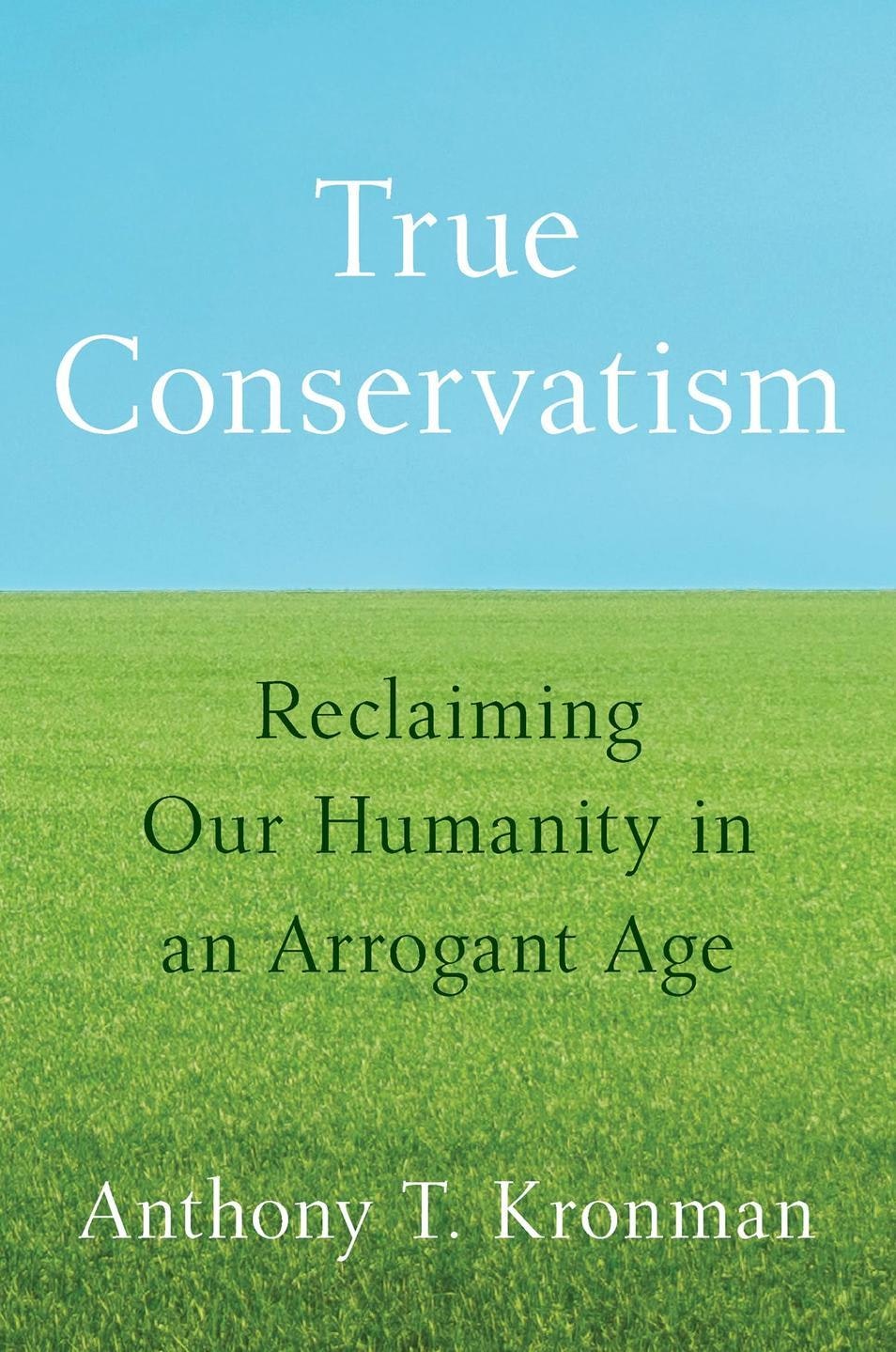This article is taken from the July 2025 issue of The Critic. To get the full magazine why not subscribe? Right now we’re offering five issues for just £25.
Conservative thinkers are apt to invoke Edmund Burke when seeking a foundation for their beliefs and perspectives on the world. Not so Anthony T. Kronman, a professor at Yale Law School. Rather, he believes, we should draw inspiration from an earlier thinker: Baruch Spinoza.

This is the conclusion he arrives at in True Conservatism, an expansive exploration of what it means to be a conservative today, and what it should entail in an age of short-termism, intemperance, neophilia and extremism. These prevailing moods are antithetical to the virtues of reflection and compromise and a respect for and knowledge of the past and are all-too-conducive to the fatal temptation to attempt to create a heaven on earth.
According to Kronman, the polemical manner of debate these days reflects not merely the fickle channel through which it’s often conducted — social media — but mirrors an idealism that is forever liable to generate intolerance and impatience with imperfection. The ultimate source of today’s belligerent utopianism, he concludes, is our slavish pursuit of the goal of equality.
By this he doesn’t mean that everyone should not have a fair chance. Rather, he opposes what we recognise in the hyper-liberal lexicon as “equity” — rather than “equality” — the expectation that a level playing field should produce equal outcomes. This is a dogma “that denies the ancient truth that freedom is for the sake of excellence, not the other way round”.
The assumption that equality is not only a political good but the foremost of all objectives has had counterproductive outcomes in our institutions of government, schools, museums and places of business after seeking to overturn all manifestations of elites and hierarchies. We have seen the recent baleful effects of the policies of “Diversity, Equity and Inclusion” compounding a longer-standing dumbing-down of institutions in the name of “inclusivity”.
In this particular area, Kronman’s remedies and compromises are eminently sensible: institutions of learning and business should be egalitarian when looking out, in accepting members on meritocratic criteria, but hierarchical in their internal working, on promoting individuals entirely on the grounds of merit.
His appeal to excellence is only an honest restatement of an approach all of us take in our lives. Irrespective of political persuasions, we all seek to do things well, whether it be our jobs, gardening, playing the flute or planning a budget. But different people achieve in different areas and with varying degrees of success.
Liberty and equality are not compatible goals but work in antagonism with each other. It’s an old argument, but it’s worth restating, not least when we see the proof of the pay-off taking place before our eyes. The author reminds us that the wisdom of dead white males in this regard still rings horribly true.
The idealisation of equality will lead us to conformity, to Tocqueville’s “tyranny of majority opinion”, to mediocrity and to Nietzsche’s drab dystopia in which “everybody wants the same, everybody is the same”. But the truth that total equality can only be affected by eradicating liberty is regarded today less as a warning, more an aspiration — at least for many progressives. And it’s a fate that many conservatives regard with horror.
This crude egalitarianism, Kronman writes, is but one of the three follies of our times. The second is the assumption that the past has no worth of its own, except as a stockpile for scientific pursuits. The third is that a belief in God is of no inherent interest and consequence and should be tolerated if only to keep the peace.
All this might sound impeccably Burkean, but Kronman argues that the great Tory got it wrong, not just for the protected status he accorded to the landed classes and Anglican clergy, but for undervaluing the religious impulse. “Burke’s defense of religion is that it is useful not that it is true,” he cautions.
Kronman thinks we should take religion seriously regardless of whether we believe in God, in that faith and rational inquiry together represent something ineluctably human: the need to ask why and the thirst for unassailable truths. Most political ideology, and all political idealism, has its roots in a religious or metaphysical impulse, in the belief that the truth is out there, above us or beyond us.
What renders Spinoza useful is his denial of dualism
This is where Spinoza comes in. What renders the 17th century philosopher valuable for conservatives today was his denial of dualism, a pantheism which ruled out the possibility that there was another realm from which we could draw authority, either a heavenly or noumenal one. The conceit of a secondary, intangible “real world” up there — or concomitant timeless, abstract concepts of right and wrong — has forever been invoked as a source from which morality and behaviour has been justified down here.
It’s this extrapolation that has given us laws said to be revealed by God, Kant’s “categorical imperative” or our whole post-Enlightenment canon of “human rights”, one enshrined in those question-begging words of the American Declaration of Independence: “we hold these truths to be self-evident”.
Spinoza not only denied cosmic dualism but prescribed that a liberating acceptance of God’s “immanence” in the world would bestow a state of “blessedness”. Whilst Kronman doesn’t go that far, he thinks Spinoza’s earth-bound attitude — albeit suffused with humility and spiritual yearning — is worth a hearing. It’s a safeguard against idealism, against those who would base political ideology on transcendental authority that makes impossible demands upon flawed human beings. As Kronman concludes:
That there is such a perspective creates a standing temptation for those who believe in God to think they have the right and perhaps the duty, to assume it in their political deliberations — to judge themselves and others as God does … This is the metaphysical perspective from which the leaders of the French Revolution judged the politics of France.
Rather than hold that the affairs of this world should be weighed from the vantage point of another, we should instead focus on making the best of what we have here and “with appropriate humility to better ourselves and our fellow human beings — to come closer to the God of the world”.
True Conservatism is an impressive achievement and a timely book, although Kronman’s digressions on landmark court cases in the United States will leave some cold. His practice of using the calendar prefix “BCE” will leave some even colder, and even bemused, as will the preference for the impersonal pronoun when “he or she” would have sufficed. But as the author would himself concede, no one is perfect.
Aristotle said that it’s as absurd to expect perfection in politics as it is to settle for compromise in mathematics. Kronman updates the observation to our state of affairs: politics deals with people, and people are imperfect. The ideal “other world” will never be known to us down here nor should we ever try to bring it about.












